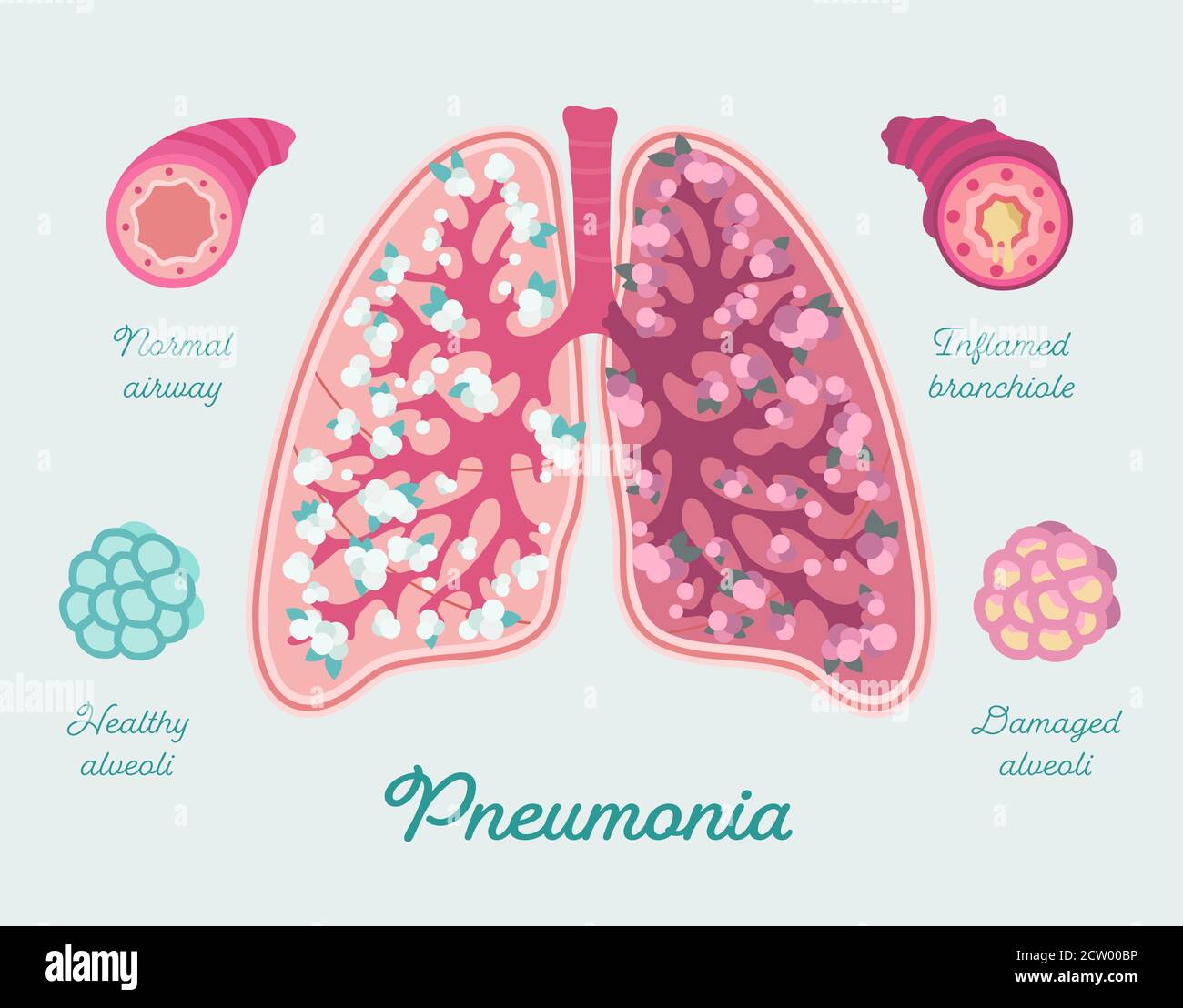

Types of bacteria that cause pneumonia include: This type of pneumonia may affect just one area of the lung and is referred to as lobar pneumonia, notes the Mayo Clinic. And it can be spread by people who don’t exhibit any symptoms.īacteria are a common cause of pneumonia in adults, according to the National Heart, Lung, and Blood Institute.īacterial pneumonia may follow a viral infection, such as a cold or the flu (influenza). Coughing, sneezing, touching, and even breathing, notes the American Lung Association, can spread pneumonia from person to person. Pneumonia can be transmitted a number of ways. If you catch germs that cause pneumonia, your chance of developing the disease depends on your age, health, and lifestyle. Legionnaires' disease, which is caused by the bacteria Legionella pneumophila, may pose a threat only to people exposed to a contaminated air-conditioning system. It has also been linked to droplets inhaled at whirlpools, spas, or fountains.

Some types of pneumonia spread only in certain environments. In general, viral pneumonia is more likely to spread from person to person than pneumonia caused by a bacteria or fungus. You can encounter the germs that cause pneumonia in the most common of places, and your daily environment may contribute to how susceptible you are to the disease.įor example, children in school or day care facilities can easily catch viruses from one another, which makes them more prone to viral pneumonia. But pneumonia caused by fungi is not contagious. It depends on the type of pneumonia - some forms of the infection, such as bacterial or viral pneumonia - can be spread from person to person, notes the Cleveland Clinic.


 0 kommentar(er)
0 kommentar(er)
